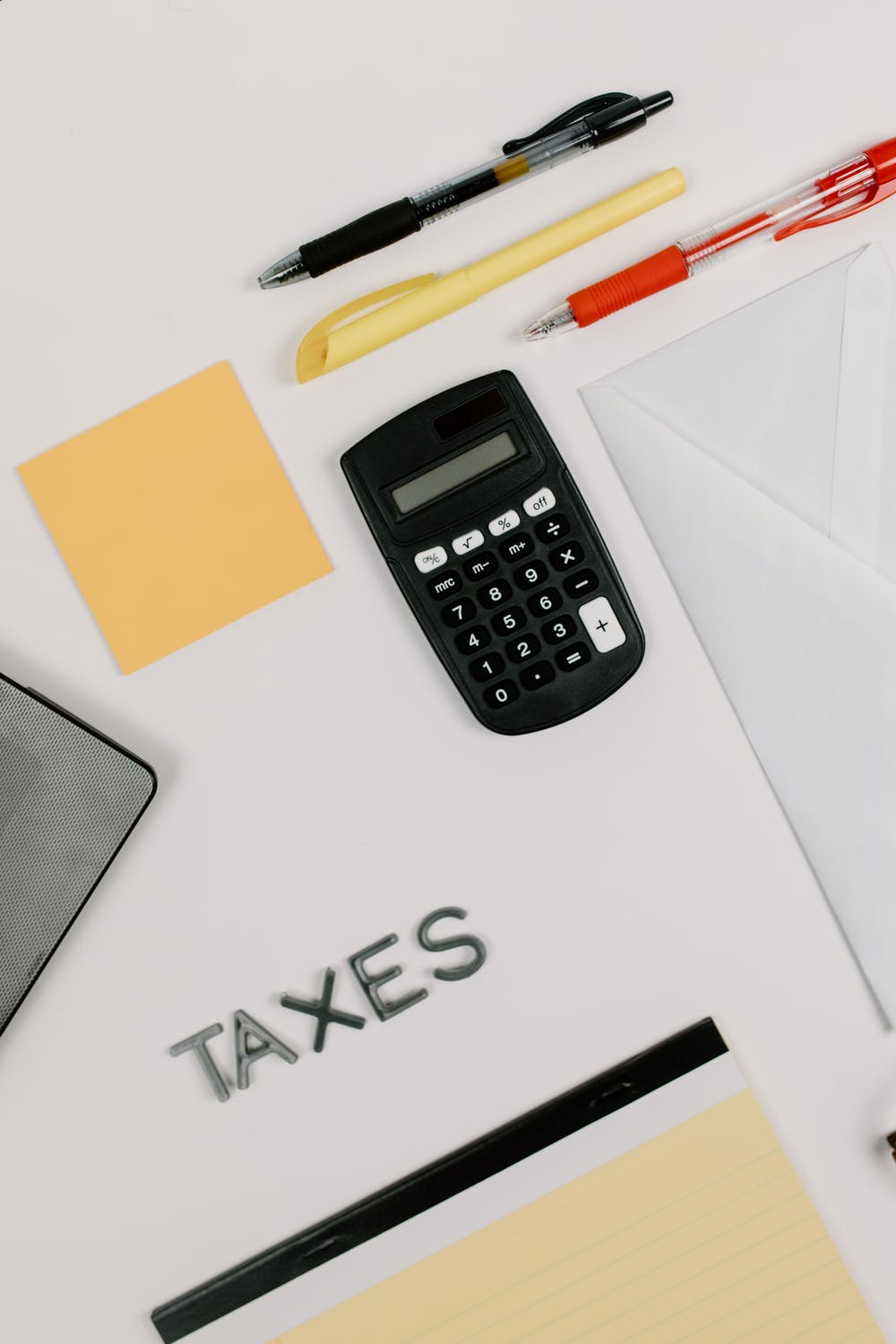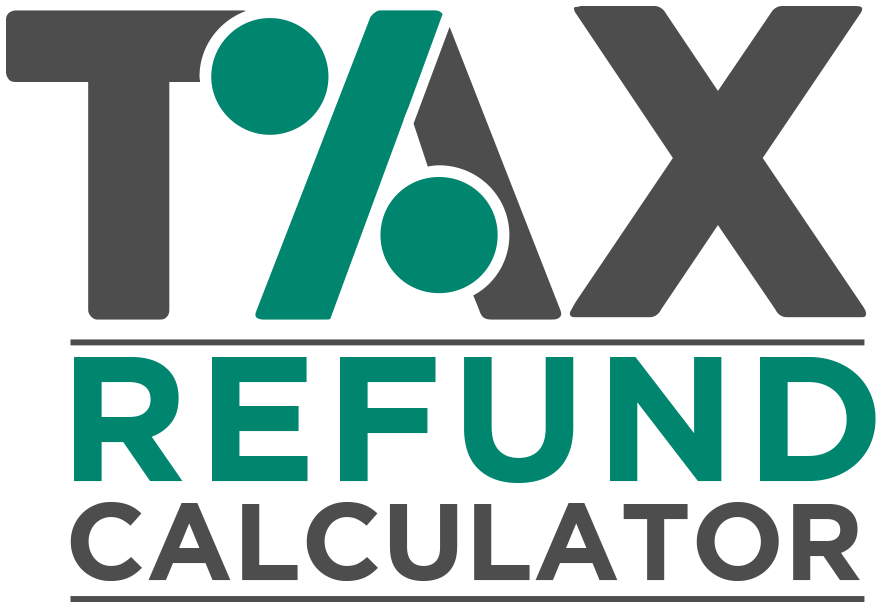
Tax Refunds in the UK: Our Guide to Reclaiming Your Tax
It’s everyone’s goal to get the most out of their tax return as possible. As the years go by and financial needs change, tax returns in the United Kingdom have become more complex, and many people are experiencing significant delays in receiving tax refunds from the HMRC.
There are many reasons behind a delayed tax refund, but oftentimes, it is due to mistakes that could have been avoided if you had been aware of how to properly reclaim your refund in the first place. In this article, we’ll be discussing some of the ways you can ensure your refund comes in quickly and smoothly.
Are You Eligible For A Tax Refund?
You may pay too much or too little tax if you obtain an income from work and pay taxes under the Pay As You Earn (PAYE) system. HM Revenue & Customs (HMRC) reviews PAYE records at the end of the financial year in April, determining whether you have overpaid or underpaid tax. If you have overpaid tax, you should promptly get a refund from HMRC.
P800 letters from HMRC are sent to those who are entitled to a tax refund, but these letters do not necessarily result in a windfall; you may also send them to people who haven’t paid enough tax in the first place. HMRC advises couples to check whether they have entitled to a £1,220 tax refund this summer if they have a dependent child. Although the letter will inform you whether or not you may submit a claim for a refund online via the United Kingdom Government’s website, you will not get a P800 until the tax year has been completed, which is often before the end of September.
The Processing Period for Tax Refunds
Answering how long a tax refund takes in the United Kingdom is pretty tricky since the significant delay between asking for a tax refund and getting the money depends on HMRC’s current processing procedures, which may be pretty lengthy. When a tax refund is provided, it is usually done within 8–12 weeks of receiving your application; however, it may take longer or shorter depending on the circumstances.
Using your PAYE Tax refund to its full potential includes claiming back up to four prior tax years, as shown below.
Things to Remember When Submitting Your Tax Return
- The HMRC would never automatically credit you a refund owing to you if it is in the form of a check. A standard method of using refunds is to use them as a credit against future tax liabilities. When requesting a refund, it is in the person’s best interests to seek payment in writing. Always maintain a copy of any communication you have with the HMRC in your possession.
- Remember to mention your tax reference number, national insurance number, and contact information when communicating with HMRC or other government agencies. To find out if your return or refund has been delayed for more than a few weeks, make a call to the number 09110 141 100. Make a note of your National Insurance number and tax reference number so that they can retrieve your information immediately.
- If your tax return has not been completed within eight weeks, you may choose to speak with a Complaints Manager about your situation. It has been directed to Complaint Managers at your local tax office that they should personally address these complaints to expedite the process as much as possible.
- Depending on the circumstances, you may be able to claim interest on late payments. The interest rate might be a substantial amount of money to compensate you for your difficulty, or it could be a modest sum; each tax return is unique to the person filing it.
- Ensure that you have obtained all necessary information and documentation so that HMRC does not have to contact you again to get the information they want.
- Don’t submit your tax refund application during peak times for HMRC, such as the end of January deadline for self-assessment or the end of July deadline for tax credit renewals.
- You will often complete Lower-value transactions (i.e., those under £1,000) more quickly. Still, higher-value transactions could need additional stages of verification, which might result in a longer processing time overall.
Final Thoughts
Tax refunds can be a complicated process. However, if you do it right, you can end up with extra money in your account. You can even consider putting your return into savings to help you prepare for unanticipated costs throughout the year. On the other hand, consider investing your refund to work toward longer-term savings objectives like purchasing a home or paying college tuition and fees.
If you are looking for ways to check your refund, Tax Refund Calculator can be your best ally. It will help you as you traverse in knowing how to claim tax refunds. Contact us at info@tax-refund-calculator.com to learn more.

